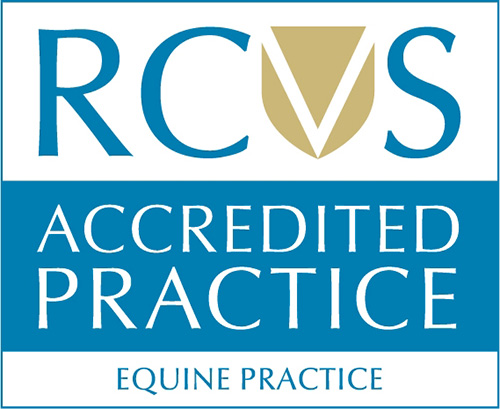Kissing Spines
Back pain in horses is fairly common. It can either be primary, associated with the bones in the spine, or secondary i.e. muscular pain secondary to a poor fitting saddle, low grade lameness causing muscle tension and a restricted gait or lack of top line.
Primary back pain is most commonly caused by over-riding/impinging dorsal spinous processes (or Kissing Spines). In this condition the normal spaces between the spinous processes of the horse’s vertebral column are reduced, and in some horses, pain can arise from the bone-to-bone contact and disruption to the ligament between the processes.
What are signs of Kissing Spines?
Most horses will resent being tacked up, often being ‘cold backed’ when the girth is tightened and when the rider first gets on. Their reaction can range from very mild dipping of the back to full blown bucking or it can present as a poor performance issue as the horse struggles to lift their back to work in an outline or arc when jumping.
Horses with kissing spines, will often have a weak top line with underdeveloped epaxial muscles (the longissimus dorsi muscle which the saddle sits one). A poor top line will result in a dipped back, which results in further narrowing of the spaces between the dorsal spinous processes, and thus a vicious cycle tends to develop.
How do you diagnose Kissing Spines?
A physical clinical examination and x-rays of the back are required in order to diagnose impinging dorsal spinous processes. Whereas some horses may guard their whole back, most horses with kissing spines will be reactive over focal areas of the back. It is also important to assess the clinical significance of any radiographic changes by assessing the horse’s response to either local anaesthetic between the affected dorsal spinous processes or clinical improvement to medication of the spinous processes with corticosteroids. There are many horses who will compete normally with a degree of bony remodelling present on radiographs.
How do you treat Kissing Spines?
Treatment will include a combination of medication of the affected dorsal spinous processes and rehabilitation exercises/physiotherapy to strengthen and build the top-line muscle. Improving and strengthening of the top-line muscle, helps to lift the back up and open the spaces between the dorsal spinous processes, and in doing so, reduce the pain associated with kissing spines, but this needs to be done in combination with anti-inflammatory treatment.
In cases that do not respond to medication of the back, or where the response to treatment is short lived, surgical treatment options may be required. These can include a minimally invasive technique involving cutting through the ligament running through the dorsal spinous processes, known as an interspinous ligament desmotomy. This has the advantage that it can be performed at multiple sites at the same time during a single procedure. The other surgical option is more invasive and involves the removal of the over-riding bone of the dorsal spinous process. Both surgeries are performed under standing sedation and your veterinary surgeon will advise you on which options are best for your horse. As with medical treatment, any surgical treatments also require rehabilitation post-surgery to help build and strengthen your horses top line.
To view/download a copy of this information in PDF format, please click here.
-
Previous
-
Next

